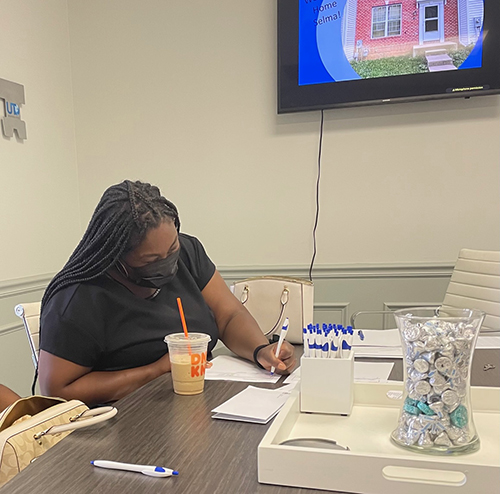Escrow inspections & appraisals

The Process, Step-by-Step
The Initial Agreement and Earnest Money Deposit (EMD).
An effective agreement is a legal arrangement between a potential purchaser and the property’s seller.
The Title Company.
You will choose a title company. The title company will research the complete recorded history of the property to ensure that the title is free and clear of encumbrances by the date of closing and that all new encumbrances are properly added to the title.
Inspections.
Once your offer is accepted by the seller, it is highly recommended that you have a licensed property inspector inspect the property within the time frame that was agreed. You may elect to have different inspectors inspect the property, if you wish to obtain professional opinions from inspectors who specialize in a specific area (eg. roof, HVAC, structure). If needed, I can recommend some local inspectors.
Appraisal and Lending.
It is imperative that you keep in close communication with your lender, who will let you know when additional documents are needed to approve your loan application and fund your loan. If the agreement is conditional upon financing, then the property will most likely be appraised by a licensed appraiser to determine the value for the lending institution, via a third party. This is done so that the lending institution can confirm their investment in your property is accurate. Appraisers are specialists in determining the value of properties, based on a combination of square footage measurements, building costs, recent sales of comparable properties, etc. When you are within two weeks of closing, double check with your lender to be sure the loan will go through smoothly and on time.
Property Insurance.
If you are obtaining a loan, you will be required by your lender to purchase a certain amount of insurance on the property. The value will depend on the lending institution and the purchase price of the property. You may be able to save hundreds of dollars a year on homeowners insurance by shopping around for insurance. You can also save money with these tips.
- Consider a higher deductible. Increasing your deductible by just a few hundred dollars can make a big difference in your premium.
- Ask your insurance agent about discounts. You may be able get a lower premium if your home has safety features such as dead-bolt locks, smoke detectors, an alarm system, storm shutters or fire-retardant roofing materials. People over 55 years of age or long-term customers may also be offered discounts.
- Insure your house NOT the land under it. After a disaster, the land is still there. If you do not subtract the value of the land when deciding how much homeowner’s insurance to buy, you will pay more than you should.
